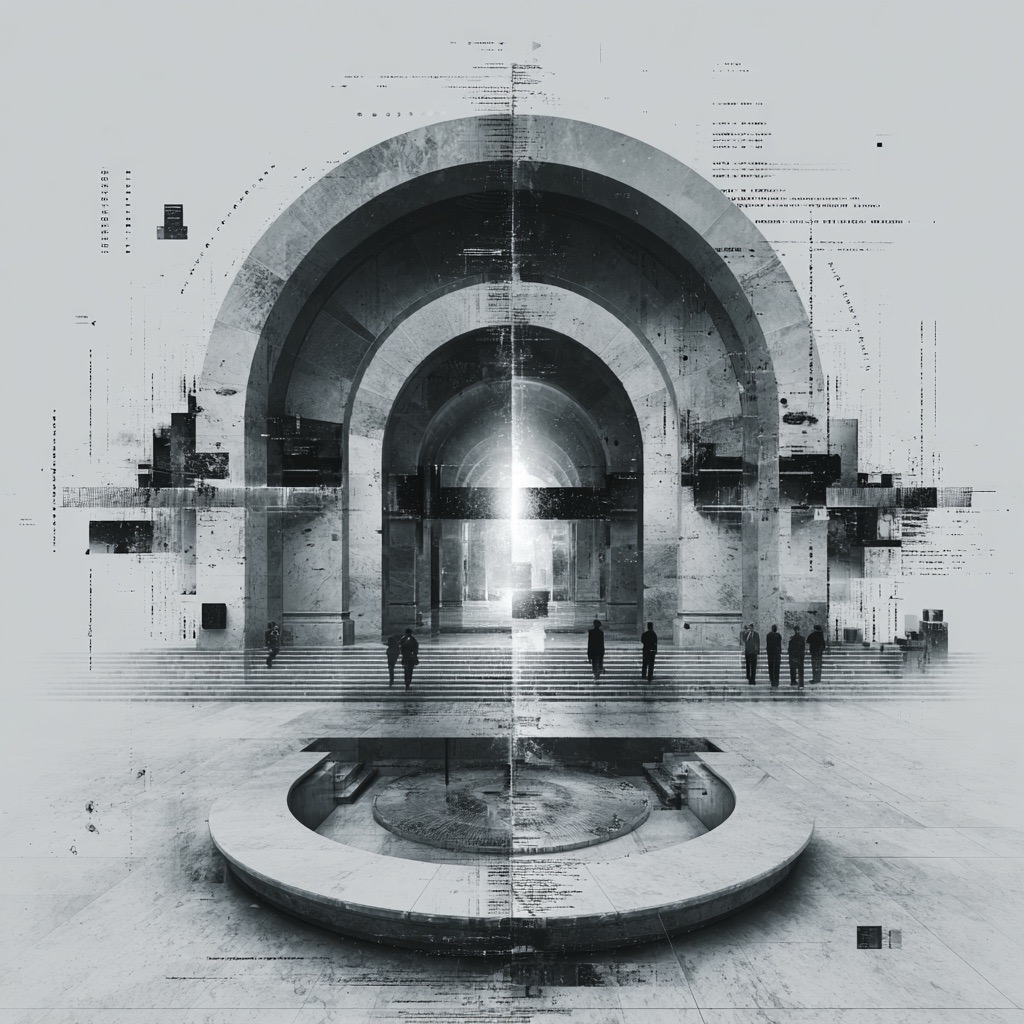Exhausting All Options: The Doctrine of Exhaustion and the Imperative of Leave under Section 9(4) of the Fair Administrative Action Act

In Republic v Insurance Regulatory Authority; Old Mutual General Insurance Kenya Limited (Ex parte Applicant); Tropic Air Limited (Interested Party) [2025] KEHC 4570 (KLR), the High Court once again reaffirmed the legal doctrine of exhaustion of administrative remedies and underscored the critical importance of seeking leave under Section 9(4) of the Fair Administrative Action Act (FAAA) before bypassing such mechanisms.
At the heart of the dispute was a contested aviation insurance claim following a helicopter accident. The Insurance Regulatory Authority (IRA), acting on a complaint by Tropic Air, had directed Old Mutual General Insurance to settle the claim. Old Mutual challenged this directive in the High Court through judicial review, alleging procedural unfairness and constitutional violations, including breach of the right to fair administrative action.
However, the Court, per Chigiti J, declined to entertain the application, holding that the applicant had not exhausted the available statutory mechanisms under Section 204A of the Insurance Act and had not sought exemption under Section 9(4) of the FAAA. The Court emphasized that judicial review is not a shortcut to avoid statutory appeals, especially when the enabling legislation provides for a specific forum – in this case, the Insurance Appeals Tribunal.
Notably, the Court distinguished the exception to the exhaustion doctrine where constitutional rights are in issue. Relying on the Supreme Court decision in Nicholus v Attorney General & 7 others and other authorities, the Court noted that while a party may bypass statutory remedies if constitutional rights are genuinely implicated, this does not apply where the constitutional claims are superficial or framed merely to attract the High Court’s jurisdiction.
The judgment also reaffirmed the principle that jurisdiction is everything. Where parties ignore or fail to seek redress before the statutory bodies or tribunals designed to resolve such disputes, courts will be compelled to down their tools. The decision thus reinforces two critical points:
- The Doctrine of Exhaustion is mandatory – Parties must first pursue internal or statutory mechanisms unless they can show those avenues are inadequate or ineffective.
- Exemption under Section 9(4) of the FAAA is not automatic – A party must formally seek and obtain leave from the court before invoking the High Court's jurisdiction where a remedy exists under another law.
This case serves as a cautionary tale: litigants must tread carefully when seeking judicial review, especially in regulatory or quasi-judicial contexts. The High Court will not entertain such applications unless the statutory route is demonstrably inadequate and proper leave has been sought. It is a reminder that the path to justice, while open, must be lawfully navigated.
This article is intended for informational purposes only and does not constitute legal advice.


